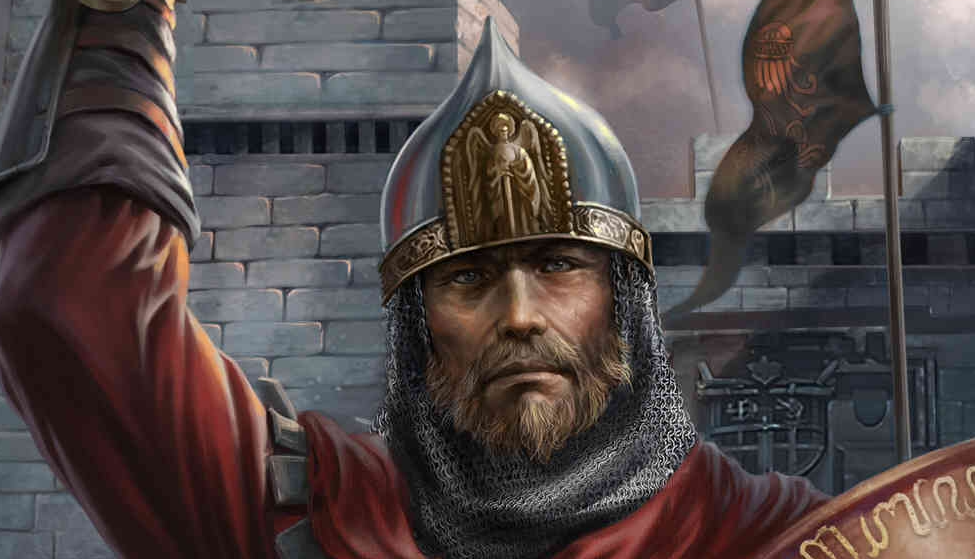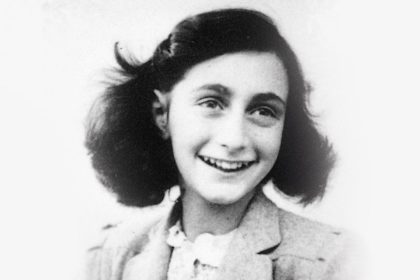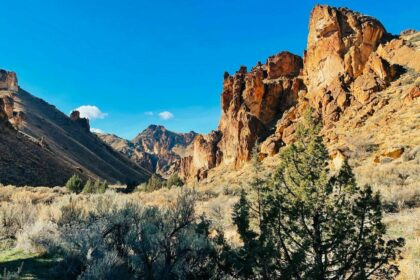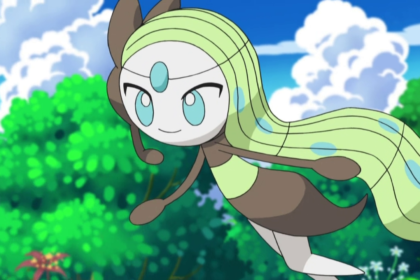St. Alexander Yaroslavich Nevsky served as Prince of Novgorod, Grand Prince of Kiev, and Grand Prince of Vladimir during some of the most difficult times in Kievan Rus’ history. Take a look below for 30 more fascinating and interesting facts about Alexander Nevsky.
1. Commonly regarded as a key figure of medieval Rus’, St. Alexander, the grandson of Vsevolod the Big Nest, rose to legendary status on account of his military victories over German and Swedish invaders while agreeing to pay tribute to the powerful Golden Horde.
2. He was canonized as a saint of the Russian Orthodox Church by Metropolite Macarius in 1547.
3. Nevsky was born in Pereslavi-Zalessky, one of the major strongholds in the Vladimir Principality.
4. He was named after the Christian martyr Saint Alexander, whose birthday was usually celebrated on June 9, ten days after Aleksandr was born.
5. One of his ancestors was Prince Yury Dolgoruky, the founder of Moscow.
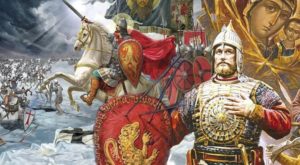
6. Bound by the law of that time, Nevsky had no chance of becoming a prince in his home principality, since he was the youngest of all the brothers in his family.
7. When he turned 3 years old, his father, Prince Yaroslav, invited one of his boyars, Fyodor Danilovich, to teach the young boy reading and writing.
8. Nevsky learned a lot about the history of the Ancient Rus and the people who ruled it. Later on, he moved to developing combat skills and perfected horseback riding.
9. His father often took him on tasks, such as reviewing complaints or issuing crucial orders.
10. Nevsky learned a lot about diplomacy and the art of negotiations through his father.
11. In 1236, when Nevsky turned 16 years old, he was summoned by the people of Novgorod in the northwest of the Ancient Rus.
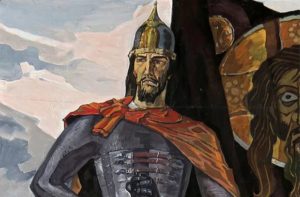
12. Thanks to his friendship with Sartaq Khan, Nevsky was installed as the Grand Prince of Vladimir, or the Supreme Russian ruler, in 1252.
13. In 1262, he died in the town of Gorodets-on-the-Volga on his way back from Sarai, the capital of the Golden Horde.
14. Prior to his death, he took monastic vows and was given the religious name of Alexis.
15. Though he died in Gorodets, Nevsky was laid to rest in the city of Vladimir, in the Great Abbey at The Church of the Nativity of the Holy Mother of God.
16. According to the Novgorod First Chronicle, Nevsky married first a daughter of Bryacheslav Vasilkovich, Prince of Polatsk and Vitebsk, in 1239. Her name wasn’t given in the chronicle. They had five children.
17. He married a second wife named Vasilisa or Vassa shortly before his death. They had no known children.
18. Some of his policies on the Western border were continued by his grandson-in-law, Daumantas of Pskov, who was also beatified in the 16th century.
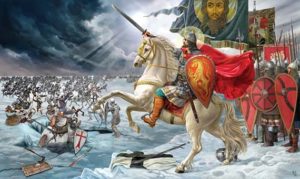
19. In the late 13th century, a chronicle was compiled called the “Life of Alexander Nevsky,” in which he is depicted as an ideal prince-soldier and defender of Russia.
20. Veneration of Nevsky as a saint began soon after his death.
21. His remains were uncovered in response to a vision, before the Battle of Kulikovo in 1380, and found to be uncorrupted.
22. He was canonized by the Russian Orthodox Church in 1547.
23. His principal feast day is November 23rd.
24. By order of Peter the Great, Nevsky’s relics were moved to the Alexander Nevsky Lavra in St. Petersburg, where they remain to this day.
25. Nevsky is commemorated in common with other saints of Rostov and Yaroslavl on May 23rd.
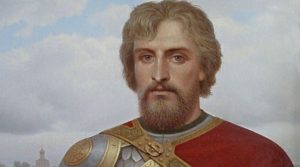
26. On May 21, 1725, Catherine I introduced the Imperial Order of St. Alexander Nevsky as one of the highest decorations in the land.
27. During the Great Patriotic War, on July 29th, 1942, the Soviet authorities introduced an Order of Alexander Nevsky to revive the memory of Nevsky’s struggle with the Germans.
28. In 1938, Sergei Eisenstein made one of his most acclaimed movies, “Alexander Nevsky,” on Nevsky’s victory over the Teutonic Knights.
29. On September 24, 2008, Nevsky was declared the main hero of Russia’s history by popular vote, as reported by the Kommersant newspaper.
30. In December 2008, he was voted the greatest Russian in the “Name of Russia” television poll.

